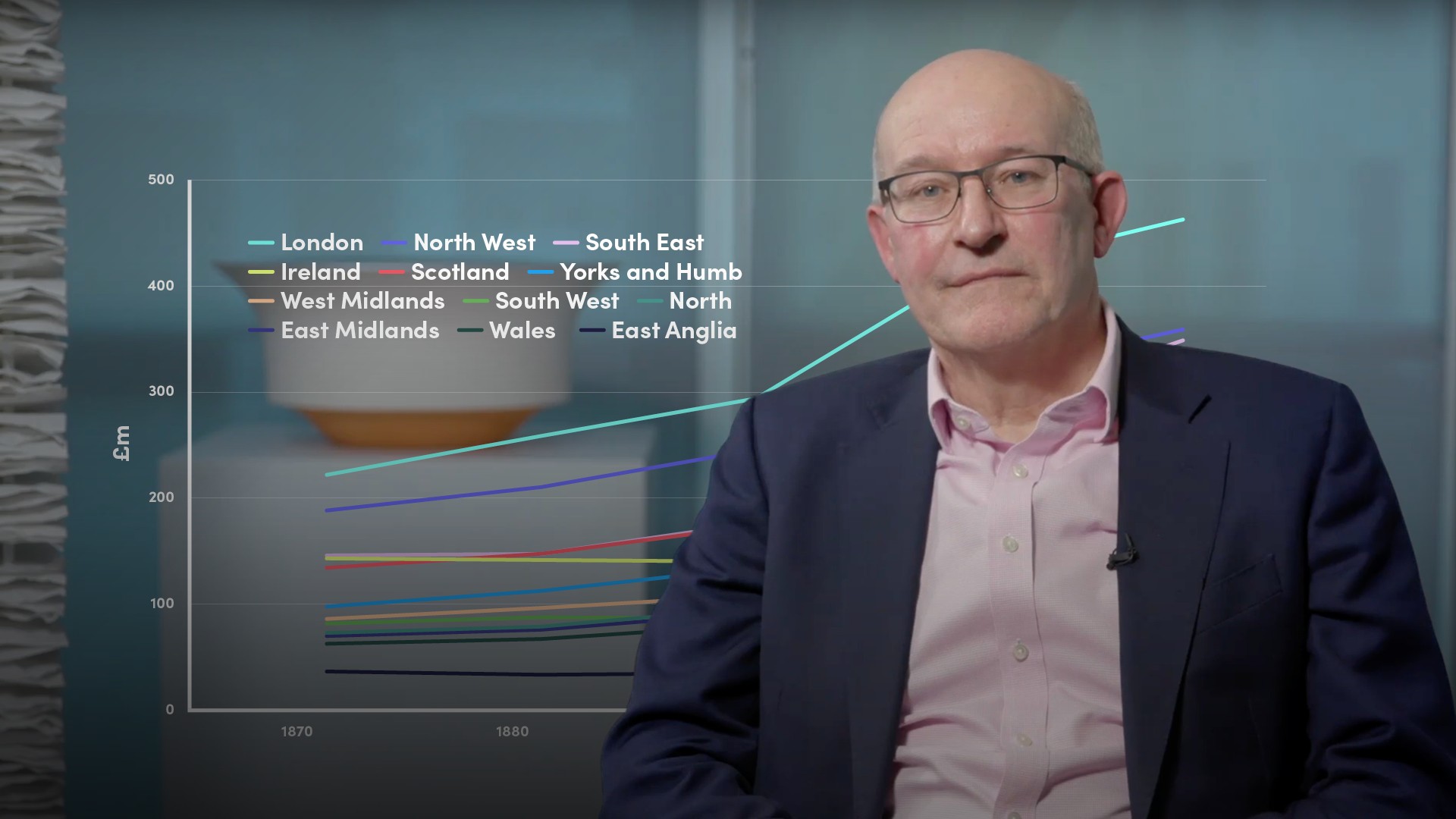
UK Economic Outlook Winter 2020

Garry Young
35 years: Macroeconomist
COVID-19 has significantly impacted the world as we know it: socially and economically. Garry explains how the UK economy should have faired in the year 2020 based on factors that emerged in 2019, excluding coronavirus.
COVID-19 has significantly impacted the world as we know it: socially and economically. Garry explains how the UK economy should have faired in the year 2020 based on factors that emerged in 2019, excluding coronavirus.

UK Economic Outlook Winter 2020
8 mins 58 secs
Key learning objectives:
Outline the three factors shaping the UK economy over 2020
Understand what these factors imply for the economy's development over 2020 and 2021
Overview:
The broad short-term outlook for the economy is for a continuation of recent trends. But underneath this apparent stability are some significant changes that are tilting the balance between private and public sectors, the regions of the UK, and who we trade with externally.
What are the three factors shaping the UK economy over 2020?
- Brexit
- There is still much to be decided about the future relationship with the EU. Businesses in industries ranging from fishing to financial services still do not know what shape the final trade deal will take.
- Government’s aspiration to ‘level up’ incomes and opportunities across the country
- The government aims to achieve this aspiration by tackling some of the regional disparities that are thought to have contributed to the 2016 vote to leave the EU.
- An indication of the need to ‘level up’ can be drawn from the following:
- Substantial variation in household incomes across places in the UK. At a broad regional level, average household incomes are highest in London and lowest in the North East, Wales and Northern Ireland.
- Productivity is higher in London than in all other regions and UK nations. In London, 57.5% of the working population aged 25-64 have a university degree, compared with 33% in the North East and West Midlands.
- Government’s fiscal policy and how the government manages the balance between government spending and taxation
What is Passporting?
Passporting allows financial institutions based in the UK to have free access to markets in Continental Europe. It is possible this will not be available soon and they will have to incur additional costs if they want to continue selling into Continental Europe. Because of this, uncertainty will remain and businesses will continue to defer major investment decisions.What do these three factors imply for the way the economy will develop over 2020 and 2021?
- Private sector investment is expected to continue to be weak in view of continuing uncertainty
- Expected to be offset by stronger public sector investment
- Financial market and credit conditions continue to be supportive for UK businesses and households in a low growth and below-target inflation environment
- Financial and credit conditions facing households continue to be supportive, and mortgage rates remain low

Garry Young
There are no available Videos from "Garry Young"

